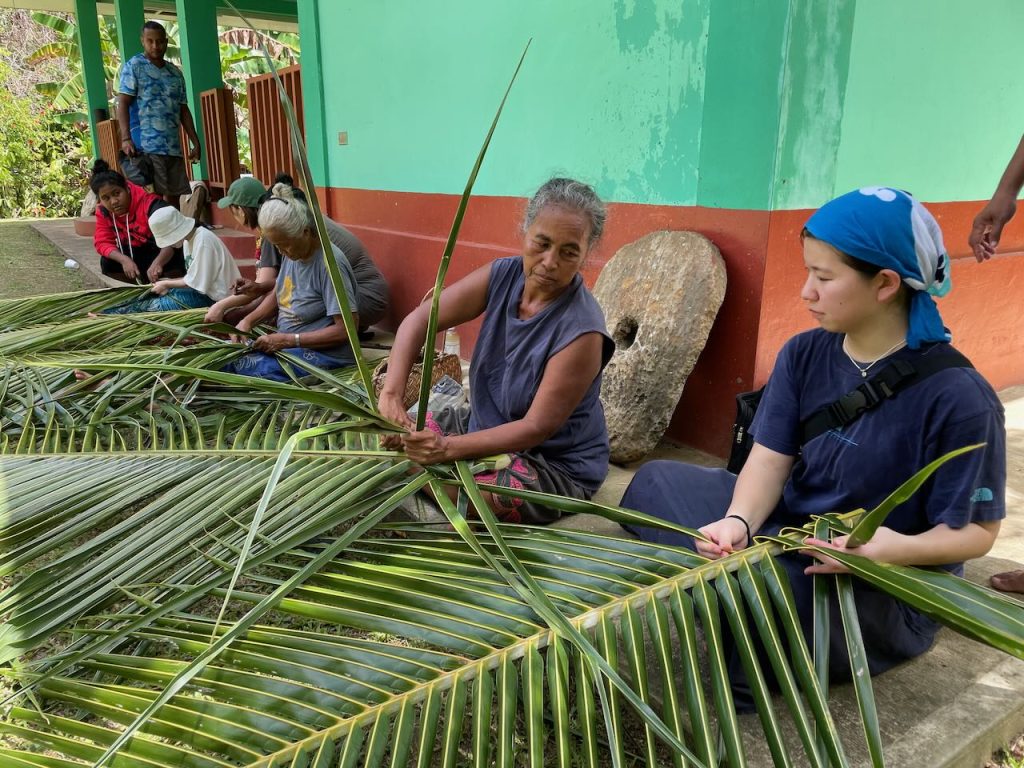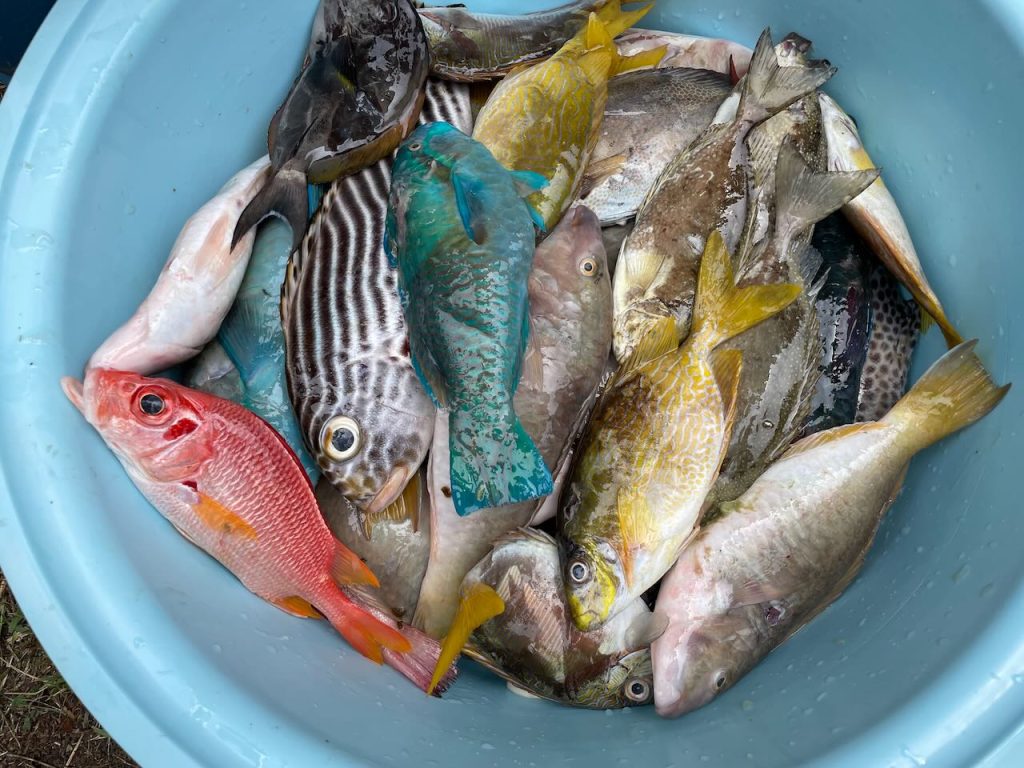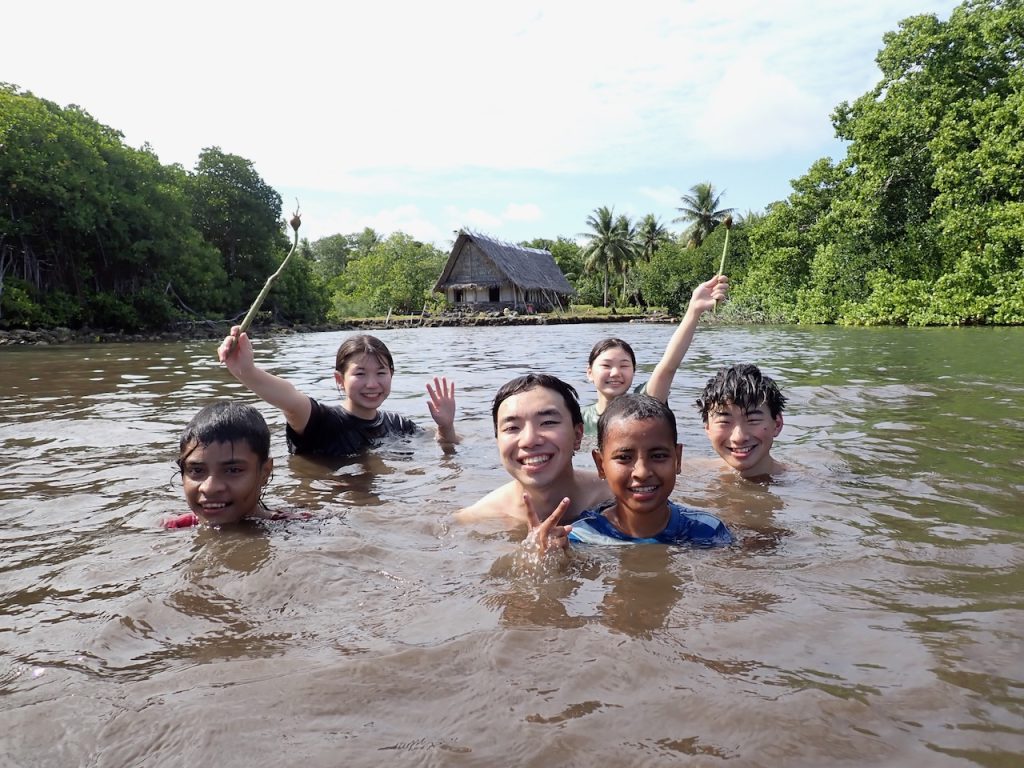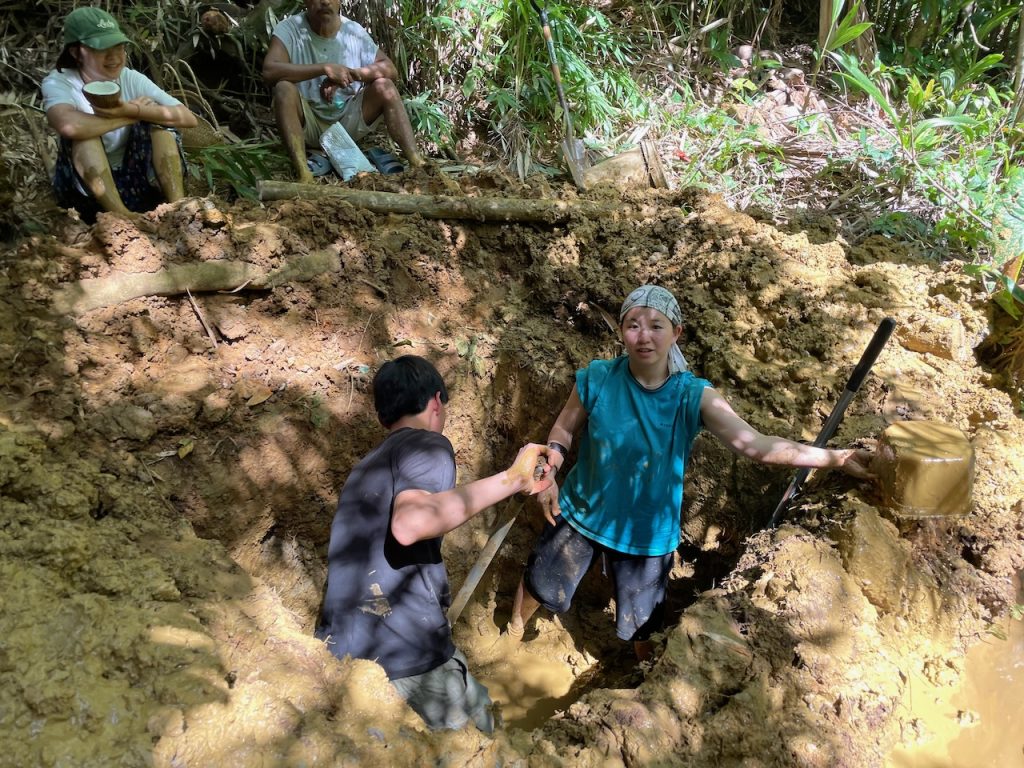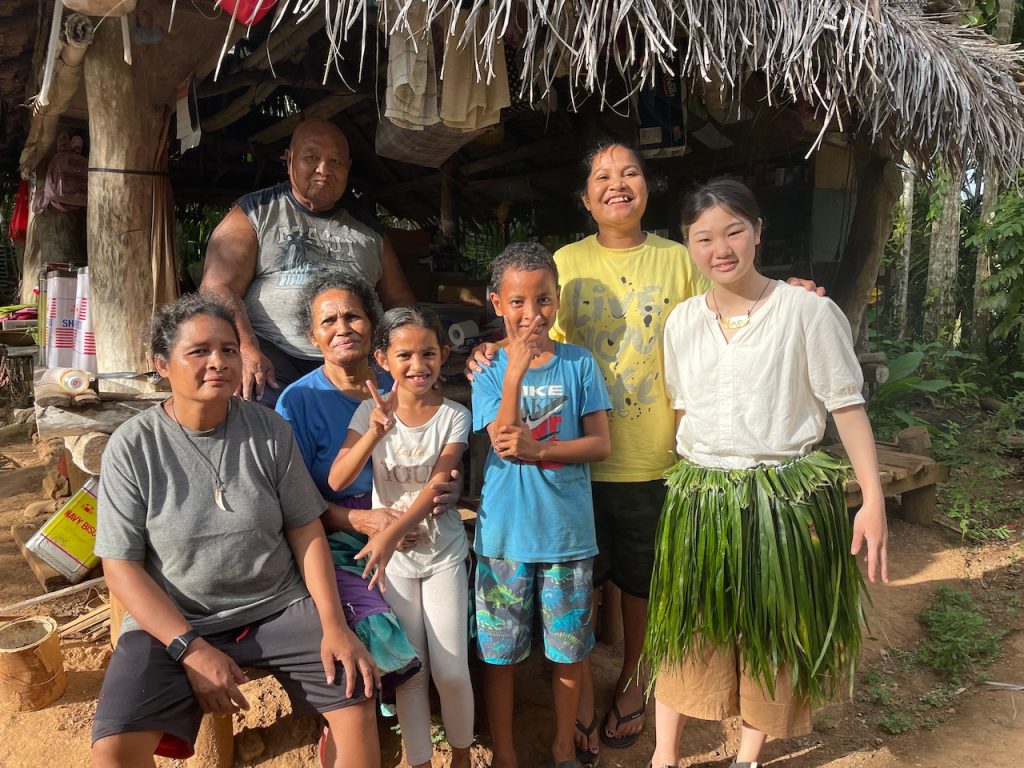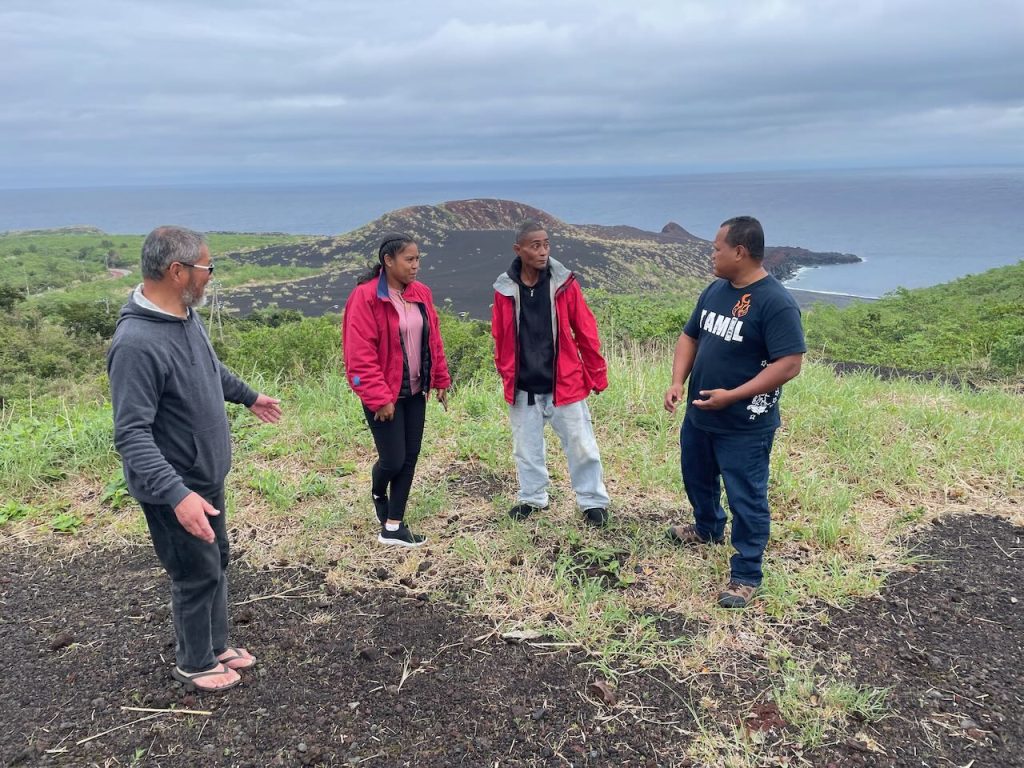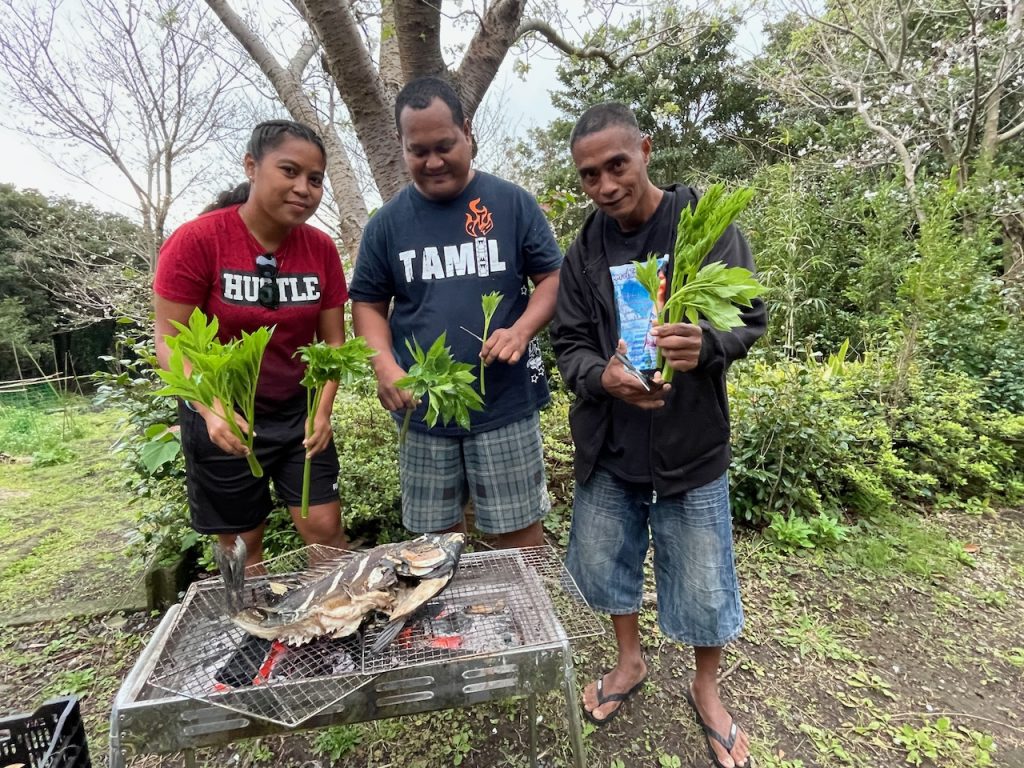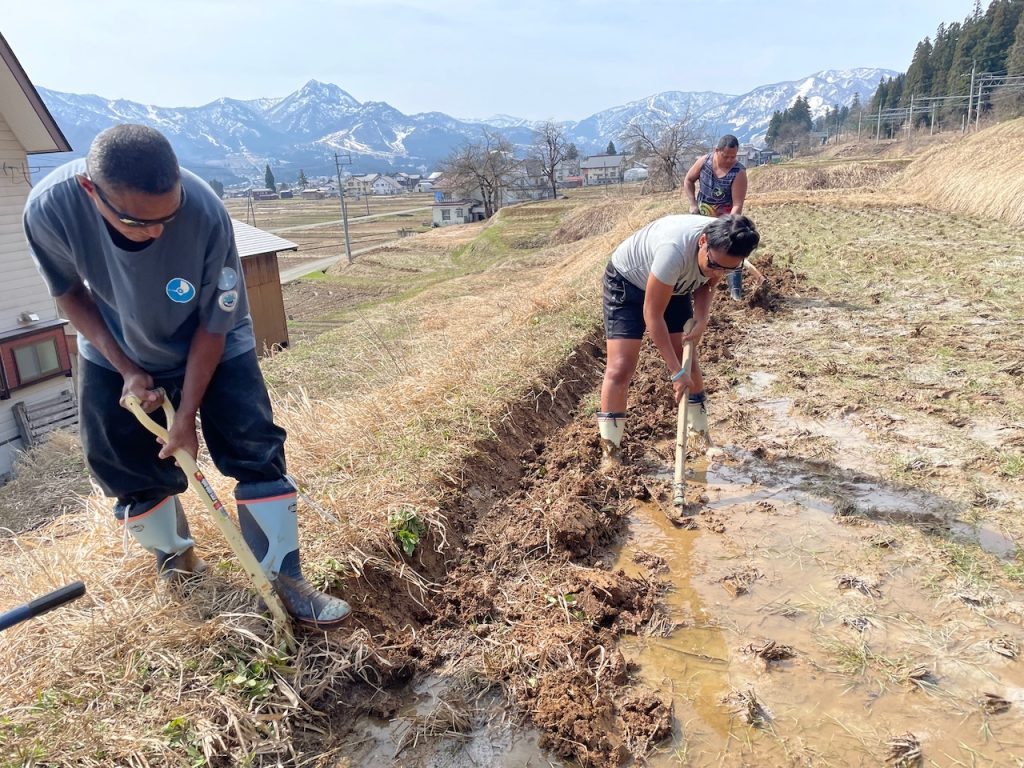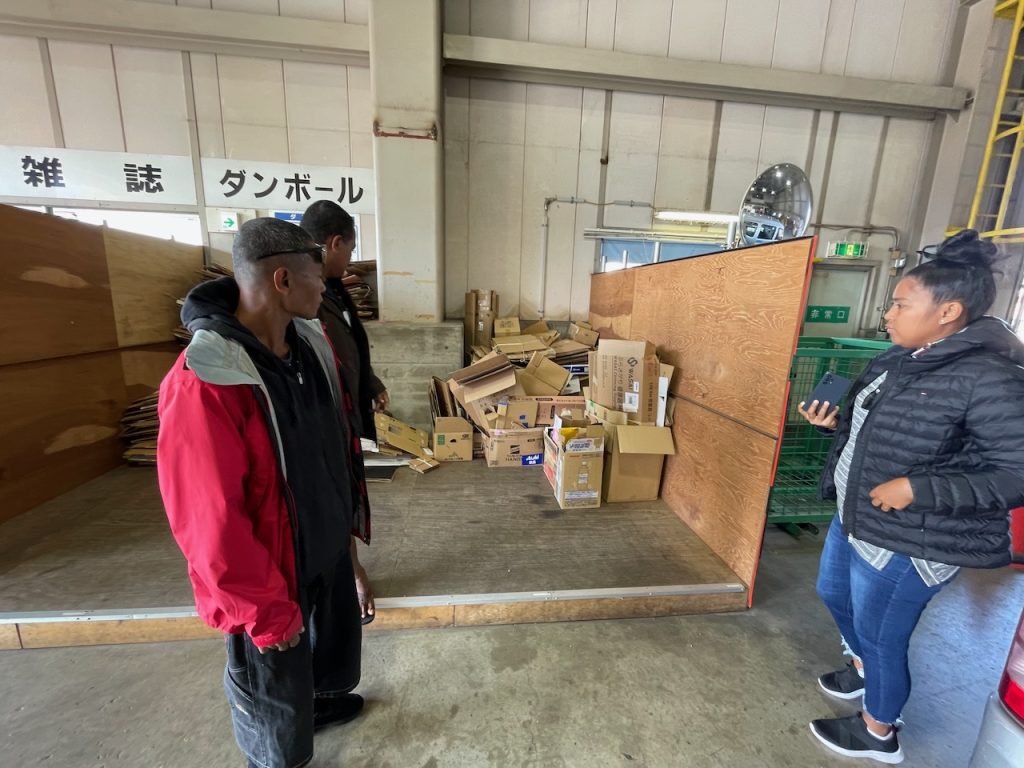Weekend Farming Workshop,
“ABC” in a Rice Paddy, 2024
エコプラスは今年も、田んぼのイロハを実施します。いつもより雪どけが大幅に早く、桜もあっというまに満開。不思議な季節の到来です。以下の日程で田植え、草取り、稲刈りと展開していきます。
田植え(5月25-26日)
草取り(6月22-23日)
稲刈り(9月21-22日=仮予定、8月頭に確定します)
ECOPLUS will organize the workshop, “ABC” in a Rice Paddy, in 2024. Although the climate is very curious, such as the snow melted one month earlier than normal years, we will conduct the programs as follows.
Rice planting; May 25-26
Weeding in the paddy; June 22-23
Harvesting; September 21-22 (tentative)
今回の舞台となる田んぼは、エコプラスが16年間「田んぼのイロハ」を実施してきた栃窪集落から標高で300mほど下った魚沼盆地の平野部、樺野沢集落に位置します。代表理事髙野と事務局長大前夫婦が、2007年からお隣の長老に昔ながらの米作りを教わってきた、無農薬田んぼです。タニシやアキアカネ、アカハライモリ、ドジョウなどが無数に生息し、準絶滅危惧種のモートンイトトンボも確認されています。
さらに、それまで10数年耕作されず、昨年耕しなおす「復田」作業をして、無農薬栽培を始めた田んぼを、今年も使います。
The rice paddy, we will conduct the program, was where TAKANO Takako and OHMAE Junichi has been learning the traditional rice growing by elders living nearby since 2007. Since no chemical materials has been used for nearly 20 years, many creatures such as pond snails, dragonflies, newts, loaches and others including listed species.
Last year, we successfully revived a nice paddy which had had not been cultivated for more than a decade. We will use the rice paddy this year, too.

A rice paddy, which had not been cultivated for more than a decade, was revived last year and will be used this year.
田んぼのイロハ田植え編
Rice Planting Workshop
集合時刻、場所
5月25日午前10時45分。JR上越線上越国際スキー場駅前広場
宿泊場所
民宿山田館(新潟県南魚沼市樺野沢14)
Gathering Time and Place
10:45 am on May 25, at Joetsu Kokusai Skiing Ground Station, JR Joetsu line.
Accommodations
Local Inn, “Minshuku YAMADA-Kan.”
交通案内
25日午前8時52分東京駅発とき309号、10時20分越後湯沢着
10時30分越後湯沢発上越線普通列車長岡行、10時44分上越国際スキー場前着
Suggested train schedule from Tokyo
Joetsu Shinkansen Toki 309
Departing Tokyo at 08:52, arriving Echigo-Yuzawa at 10:20
Joetsu local line
Departing Echigo-Yuzawa at 10:30, arriving Joetsu Kokusai Skiing Ground at 10:44
内容と持ち物
無農薬田んぼでの、手作業での田植え。小雨決行。25日のお昼ご飯は各自持参。田んぼでの飲み物もご持参下さい。泥で汚れていい服装でどうぞ。ブヨがいますので、防虫スプレーや虫よけネットなどご用意下さい。裸足で田んぼに入ると土の感触がじかに伝わるのでお勧め。ビーチサンダルなどがあると足を洗うのに便利です。さらに詳しい内容と持ち物は、参加が確定した方々に「しおり」でお知らせします。
Contents and bringing
Planting seedlings by hands. Will be cancelled only in stormy condition. Bring your own lunch for Saturday, and water during activities. Clothings may get muddy. Insect repellent, a hat/cap. We recommend to come into the paddy with bare feet to feel the soil directly. Beach sandals are useful to wash your feet in a stream. More information will be provided for those whose participation is confirmed.
定員 Limit of participants.
15人程度。Up to around 15 participants.
参加費 Fee
一般:16,000円(プログラム費、1泊2食の宿泊費、2日目の昼食、保険を含む)。学生12,000円(同)。男女別相部屋です。ご家族連れは調整させていただきます。学生等で田んぼ脇の民家での寝袋泊も可、9,000円。宿泊なしの場合は、大人8,000円、小学生は1,000円。
16,000 JPY including program fee, accommodations with two meals, lunch on Sunday, insurance. Shared room. Students and other youth with sleeping bags can stay in a house next to the paddy with 9,000 JPY.
申し込み Application
下のフォームからお申し込み下さい。Please use below application form. 問い合わせは、tappo@ecoplus.jpまで。If needed contact to tappo@ecoplus.jp









